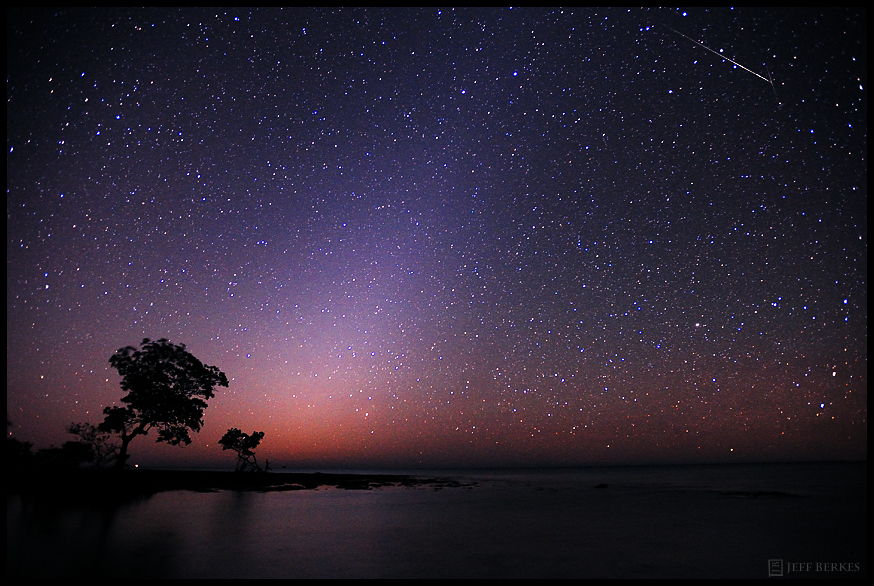Quadrantid Meteor Shower of 2013: Live Webcast

The annual Quadrantid meteor shower will peak overnight on Wednesday and Thursday (Jan. 2 and 3), but you don't have to brave the northern winter night chill to catch the celestial light show. You can watch the first meteor shower of 2013 live online here courtesy of NASA.
SPACE.com will carry a live webcast of the Quadrantid meteor shower from Wednesday to Friday (Jan. 2 to 4) as provided by scientists at NASA's Marshall Space Flight Center. The view will come from an all-sky camera outside the space center in Huntsville, Ala.
The camera is light-activated, and will switch on at nightfall each night. When the webcast begins, the Ustream feed will appear in the space below:
You can also access the webcast via NASA here: http://www.nasa.gov/topics/solarsystem/features/watchtheskies/quadrantids_2013.html
The Quadrantid meteor shower is typically a dependable “shooting stars” display, though this year the bright gibbous moon is expected to interfere with the display. The meteor shower occurs when the Earth passes through a stream of dust from the asteroid 2003 EH1, which scientists suspect may be a remnant of a centuries-old comet. [Amazing Quadrantid Meteor Shower Photos]
The peak of the 2013 Quadrantid meteor shower will occur before dawn on Thursday (Jan. 3).
Editor's note: If you snap an amazing photo of the Quadrantid meteor shower and would like to share it with SPACE.com, send images and comments, including name, location and equipment used to managing editor Tariq Malik at spacephotos@space.com
Get the world’s most fascinating discoveries delivered straight to your inbox.
This story was provided by SPACE.com, a sister site to Live Science. Follow SPACE.com on Twitter @Spacedotcom. We're also on Facebook & Google+.




